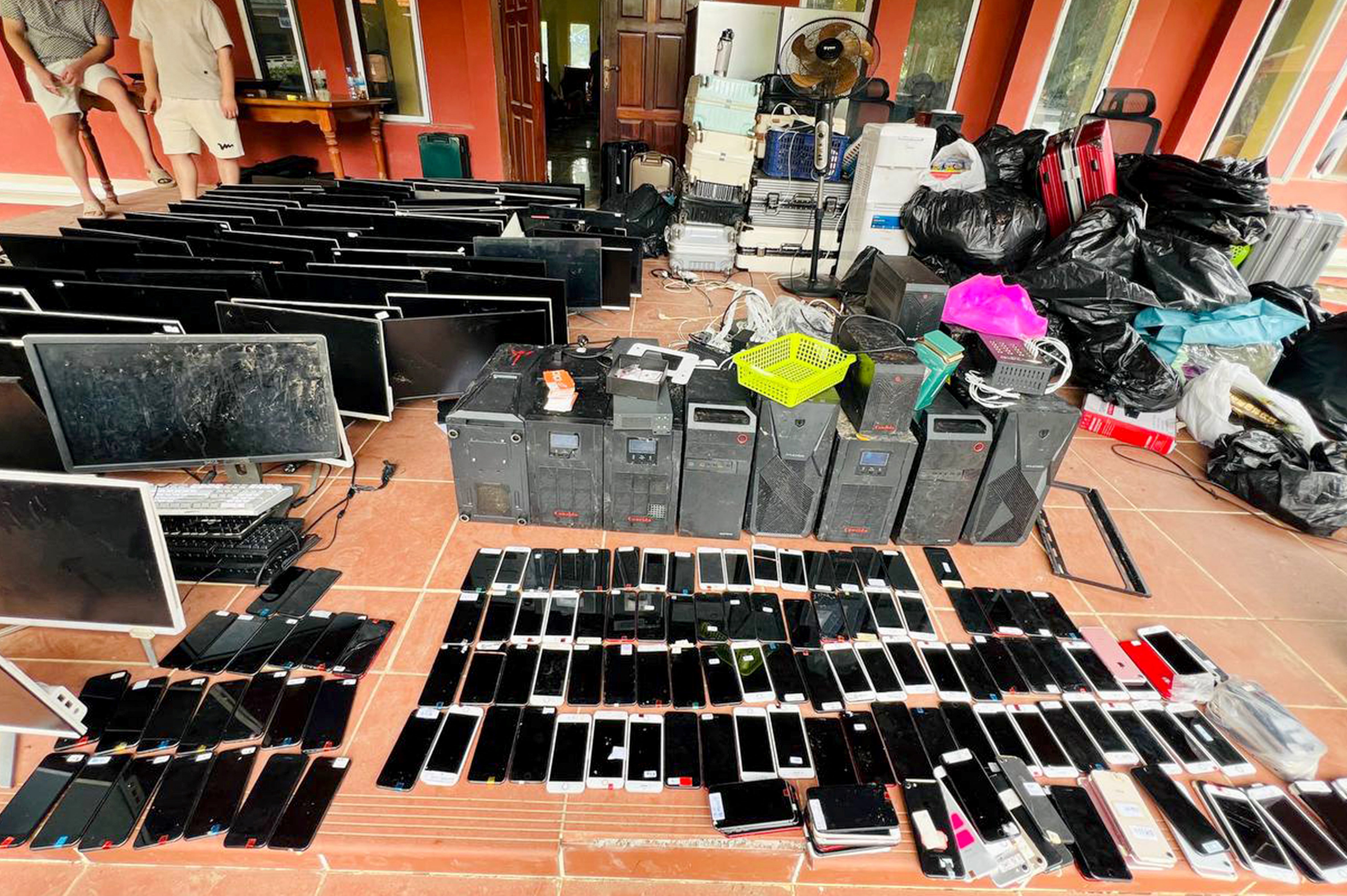WhatsApp has deleted more than 6.8 million accounts allegedly linked to criminal “pig butchering” scam centres worldwide.
For years, organised crime networks mainly in Southeast Asia have been forcing thousands of people to run online scams.
The scam centres, operating from countries such as Myanmar and Cambodia, use people recruited under the guise of real jobs and trapped in virtual slavery, to extract tens of billions of dollars from innocent victims around the world.
The criminal operations, many of which emerged during the Covid pandemic and are commonly known as “pig butchering” scams, involve building trusted relationships with people online in order to manipulate and defraud them into transferring money into investment schemes, often via cryptocurrency.
The scam typically begins with a text message or dating app chat, gradually moves to private messaging apps and ultimately to payment or crypto platforms.
In one instance, OpenAI found that scammers had used ChatGPT to generate the first text message containing a link to a WhatsApp chat and quickly directed the victim to Telegram where they were assigned a task of liking videos on TikTok in return for money.

Scammers build trust with their targets by sharing how much they have already “earned” in theory before asking them to deposit money into a crypto account as the next task.
Tech firms, including WhatsApp and OpenAI, have previously coordinated efforts to disrupt the efforts of these scam centres.
WhatsApp parent company Meta previously took down more than two million accounts linked to such scam centres in Myanmar, Laos, Cambodia, the UAE, and the Philippines.
Now, the tech giant has “proactively” deleted over 6.8 billion WhatsApp accounts allegedly linked to such scams. “Based on our investigative insights into the latest enforcement efforts, we proactively detected and took down accounts before scam centres were able to operationalise them,” the company said in a blog post. “We encourage you to pause, question, and verify before responding to a suspicious or unusual message, especially if it’s from a number you don’t know promising fast money.”


